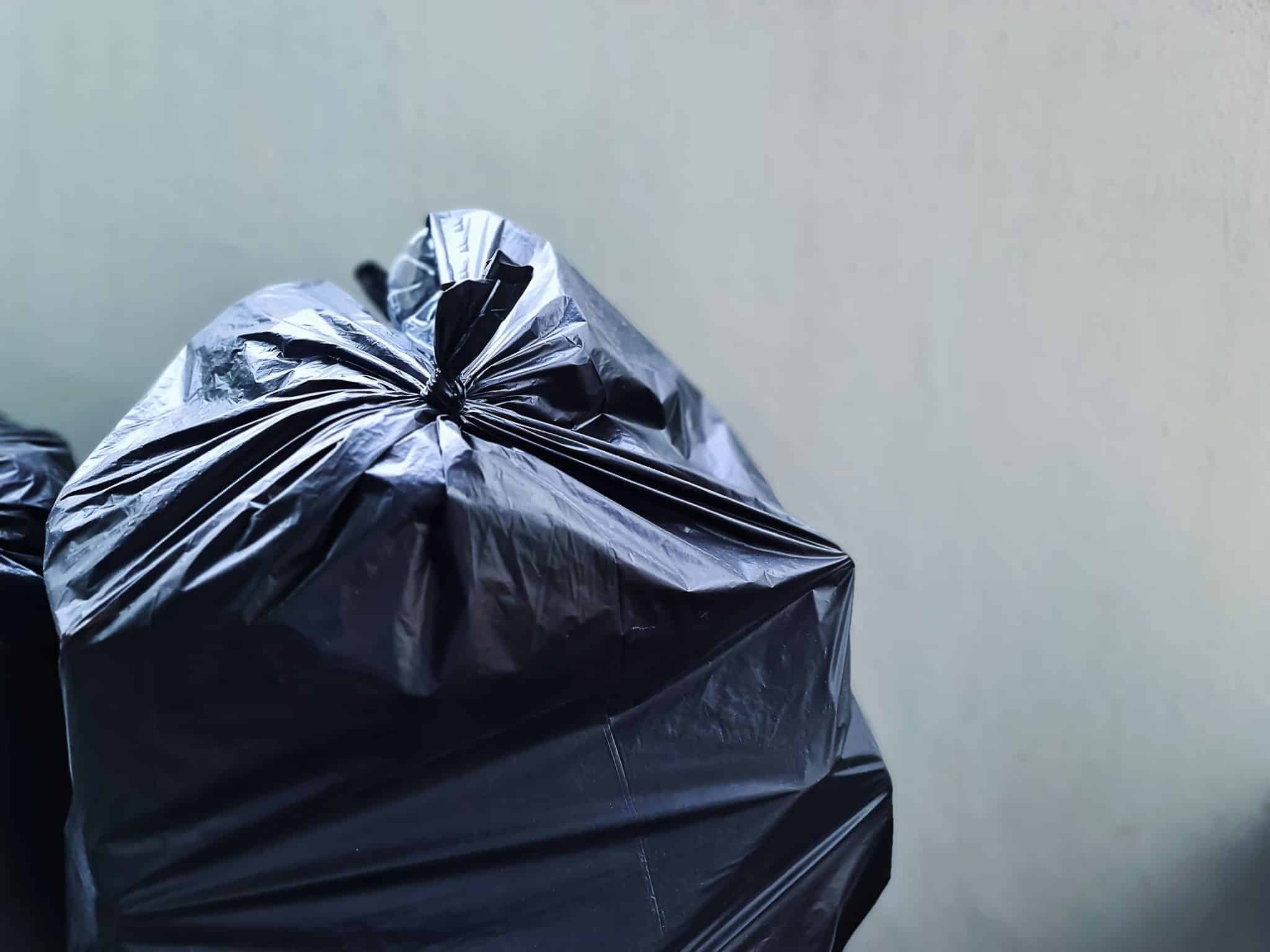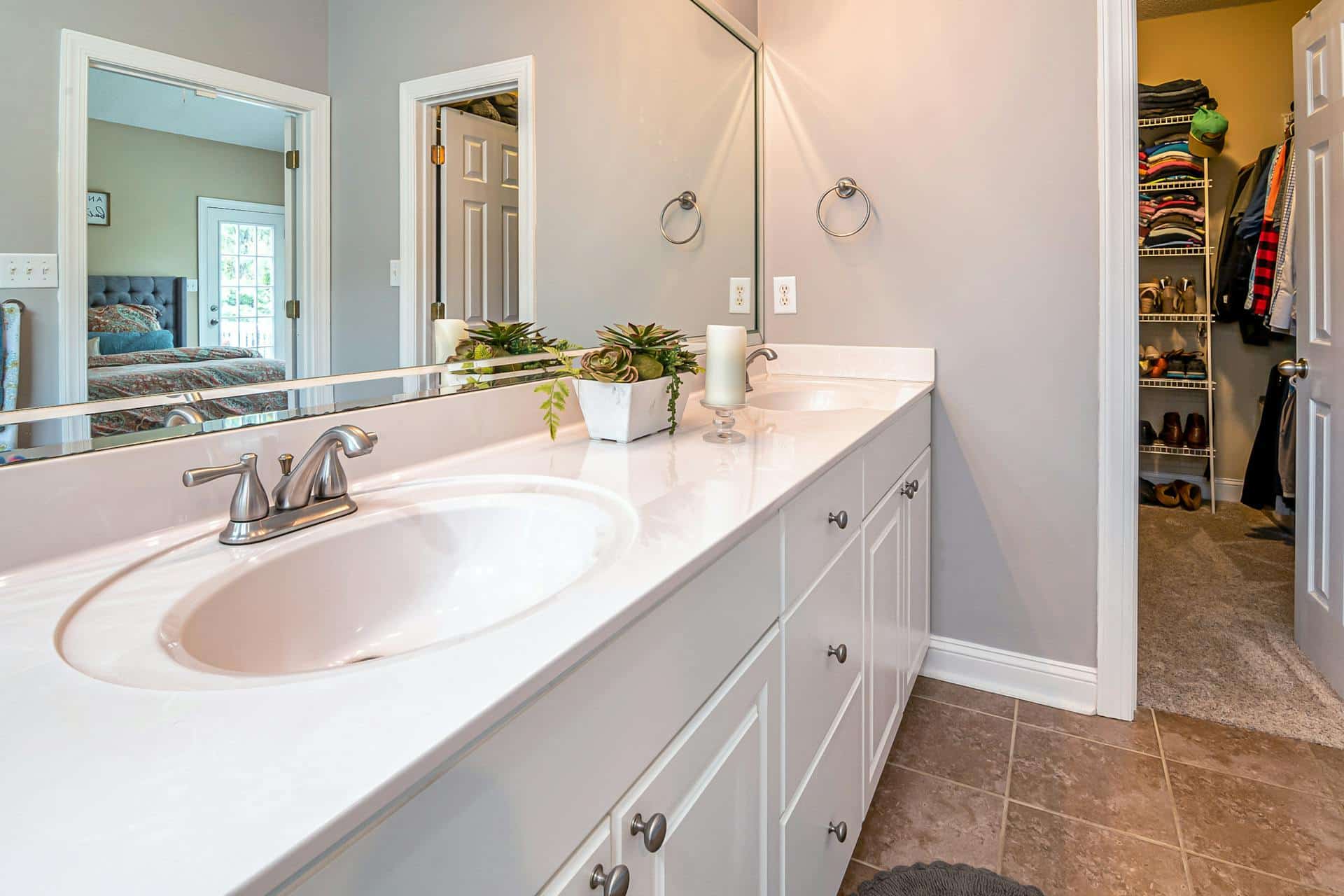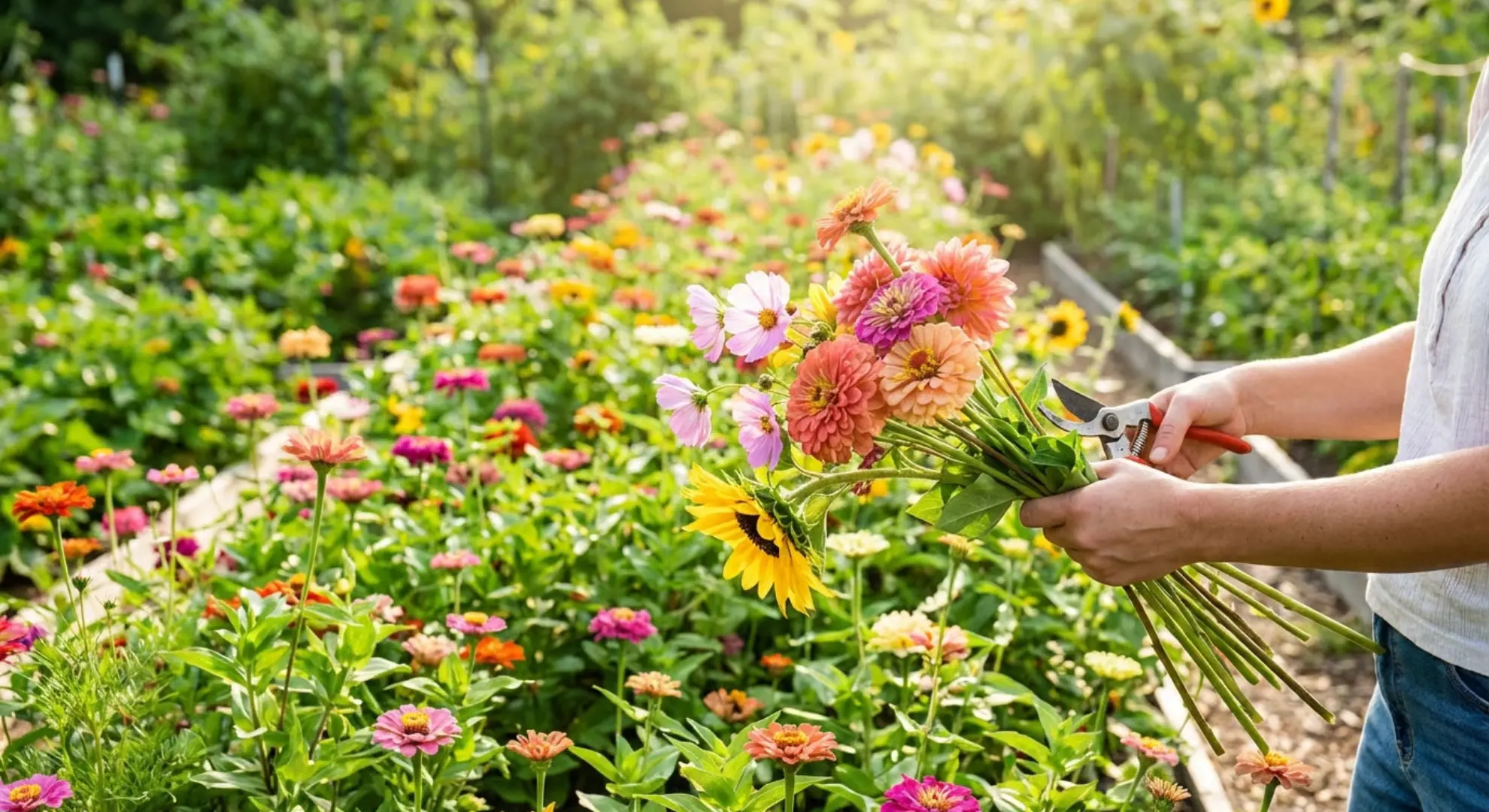Households generate vast amounts of waste daily, and much of that waste includes hazardous materials. Hazardous waste in your home holds many potential risks for your own health and the environment; therefore, proper hazardous waste treatment and disposal are essential.
Mishandling hazardous waste and improper disposal can quickly lead to complications, safety issues and harm to your family or the surrounding environment. However, treating and disposing of hazardous waste in your home may not seem that complicated to you.
The Importance of Hazardous Waste Treatment?
It is important to manage your hazardous waste at home to ensure the safety of your own health, your family and to protect the environment. Hazardous waste can cause contamination of waterways, soil and even the air, which in turn could also affect your health. Handling hazardous waste safely is important to prevent any accidents that could cause injury or health issues.
Making small changes in the methods you use to treat and dispose of hazardous waste at home can make a significant difference and add up to more extensive environmental benefits.
How to Treat Hazardous Waste at Home

The following are a few practical methods for treating and disposing of hazardous waste at home.
Understanding the Types of Hazardous Waste
You should establish what qualifies as hazardous waste and the associated dangers in your home.
For example, chemicals and cleaning agents contain harsh elements that could cause a reaction to your skin, respiratory system, and could contaminate water or soil.
Flammable materials such as motor fuel and oils, brake fluid and other liquids or gases could catch a light and cause a fire. Furthermore, toxic fumes from certain substances can lead to respiratory damage and air pollution, while abrasive substances could lead to corrosion and chemical burns.
Checking the labels of all chemical and hazardous materials in your home is vital to understand their composition and the risk that they hold for human health and the environment.
Using Professional Services
In many cases, professional hazardous waste removal services offer the safest and most compliant method for dealing with hazardous waste, even at home. When you contact a waste removal company that handles hazardous waste, they ensure safe and compliant removal and disposal of all hazardous waste, and they also offer clean-up services to sanitise contaminated areas.
Recycle and Reuse
It is not always necessary to dispose of all your hazardous waste materials. You can ideally recycle or repurpose some hazardous materials.
Here are a few examples:
- Batteries – Some stores or companies offer recycling bins for used batteries.
- E-waste – You can drop electronic waste at recycling centres for reuse or repurposing.
- Paint – Donate old paint to schools and industries that could reuse it.
- Motor oil – There are often companies that refine old oils to create new lubricants.
Safe Storage
Safe storage of hazardous waste forms a critical part of hazardous waste treatment before disposal. Make sure that you store every specific material in a suitable and sealed container. Store containers in an area out of direct sunlight and away from a heat source or ignitable materials. It is also critical never to mix chemicals or stack different materials on top of each other, as they may cause a negative reaction.
Use Safety Equipment
When handling any hazardous materials, make sure that you wear personal protective equipment. This includes gloves and a mask when the materials have dust or toxic fumes. Also, use proper cleaning methods and materials to keep spills under wraps and dispose of all materials properly.
In Conclusion
Proper hazardous waste treatment and disposal are essential to ensure safety and regulatory compliance. Protecting your health and the environment is your number one priority when dealing with hazardous materials.
By following the simple steps, you can easily manage your hazardous waste at home safely. In some cases, it is also necessary to employ professionals when dealing with dangerous substances.








